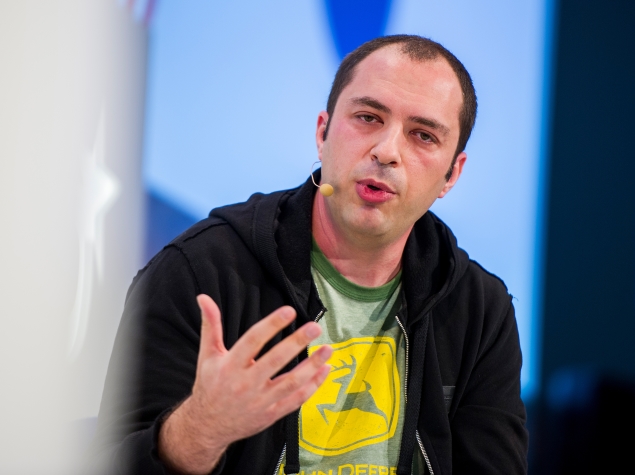WhatsApp blames network router for 'biggest' outage, apologises

"We are sorry about the downtime," wrote Koum. "It has been our longest and biggest outage in years. It was caused by a network router fault which cascaded into our servers."
"We worked with our service provider on resolving the issue and making sure it will not happen again."
WhatsApp was down for more than three hours on Saturday just days after Facebook bought it for $19 billion.
Five-year-old WhatsApp currently has about 450 million users globally and has been adding a million users daily.
On Saturday, some of those users took to other forms of social media, including blogs and Twitter to report the outage and vent their frustration.
(Also see: WhatsApp service restored after two-and-a-half-hour outage)
WhatsApp is the leader among a wave of smartphone-based messaging apps that are now sweeping across North America, Asia and Europe, and is known to appeal to teens and others who avoid mainstream social networks.
(Also see: WhatsApp for Android users can now hide 'last seen' notification)
During the outage the buzz on Twitter ranged from the conspiratorial - that Facebook had really bought WhatsApp to shut it down and funnel users to Facebook Chat - to the philosophical.
"So now that #Whatsapp isn't working I've actually talked to my family, they seem like nice people," tweeted @Ali_Hilu, a self-described social media addict in Jordan.
And @Iamhollybrown of Surrey, England, scolded, "Can't believe all these people are crying aboutWhatsapp not working, do some exercise, do some work, learn a language."
© Thomson Reuters 2014
Catch the latest from the Consumer Electronics Show on Gadgets 360, at our CES 2026 hub.
Related Stories
- Samsung Galaxy Unpacked 2025
- ChatGPT
- Redmi Note 14 Pro+
- iPhone 16
- Apple Vision Pro
- Oneplus 12
- OnePlus Nord CE 3 Lite 5G
- iPhone 13
- Xiaomi 14 Pro
- Oppo Find N3
- Tecno Spark Go (2023)
- Realme V30
- Best Phones Under 25000
- Samsung Galaxy S24 Series
- Cryptocurrency
- iQoo 12
- Samsung Galaxy S24 Ultra
- Giottus
- Samsung Galaxy Z Flip 5
- Apple 'Scary Fast'
- Housefull 5
- GoPro Hero 12 Black Review
- Invincible Season 2
- JioGlass
- HD Ready TV
- Laptop Under 50000
- Smartwatch Under 10000
- Latest Mobile Phones
- Compare Phones
- Honor Magic 8 RSR Porsche Design
- Honor Magic 8 Pro Air
- Infinix Note Edge
- Lava Blaze Duo 3
- Tecno Spark Go 3
- iQOO Z11 Turbo
- OPPO A6c
- Samsung Galaxy A07 5G
- Lenovo Yoga Slim 7x (2025)
- Lenovo Yoga Slim 7a
- Lenovo Idea Tab Plus
- Realme Pad 3
- Moto Watch
- Garmin Quatix 8 Pro
- Haier H5E Series
- Acerpure Nitro Z Series 100-inch QLED TV
- Asus ROG Ally
- Nintendo Switch Lite
- Haier 1.6 Ton 5 Star Inverter Split AC (HSU19G-MZAID5BN-INV)
- Haier 1.6 Ton 5 Star Inverter Split AC (HSU19G-MZAIM5BN-INV)







![[Sponsored] Haier C90 OLED TV | Dolby Vision IQ, 144Hz OLED and Google TV in Action](https://www.gadgets360.com/static/mobile/images/spacer.png)









